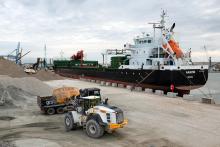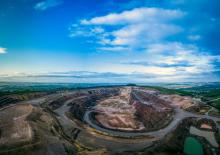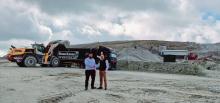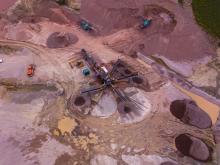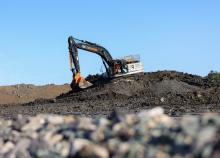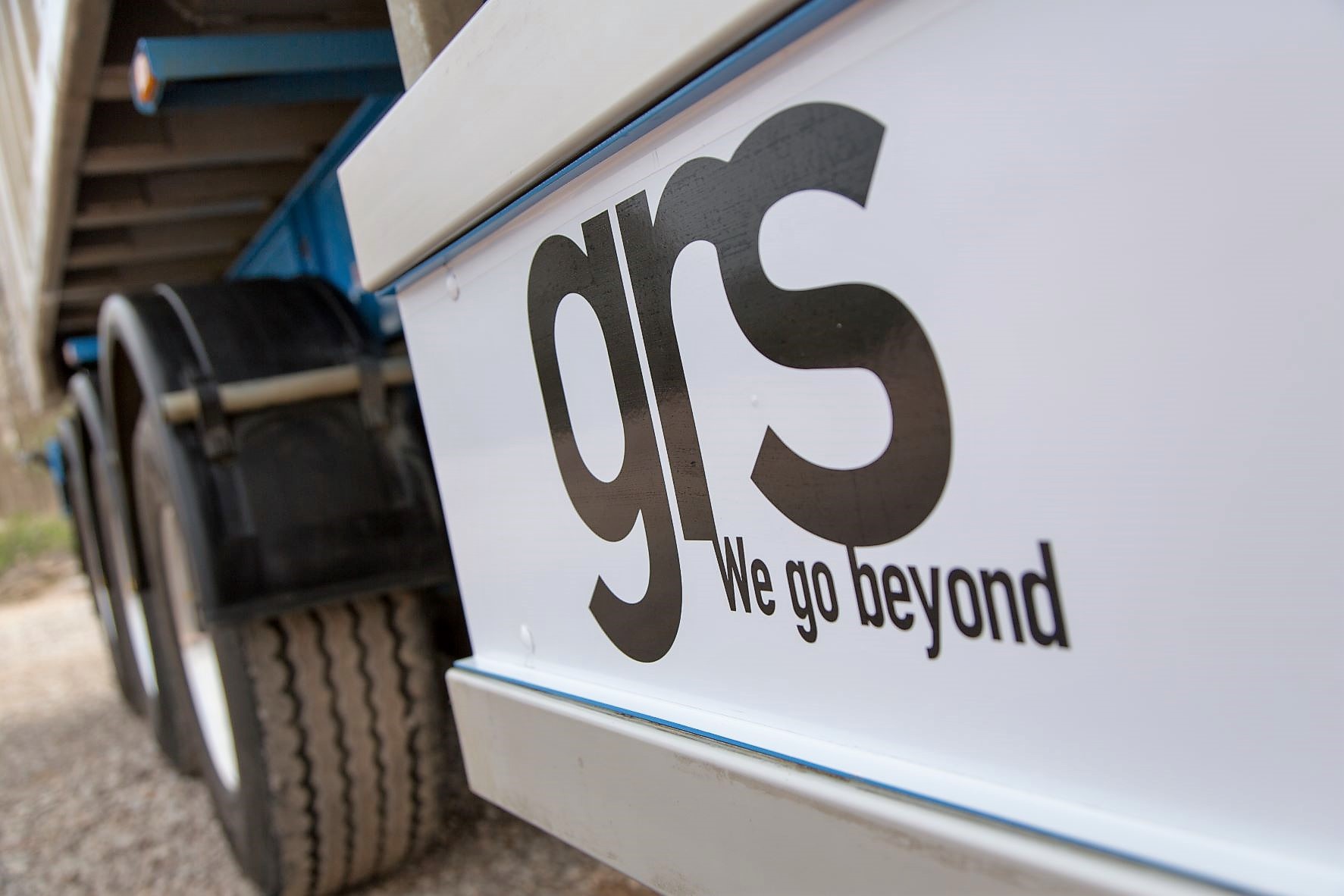
The Nuneaton, UK-based firm – which trades and transports aggregates and building products, as well as materials for recycling – posted a revenue of £383m in the year, a leap of 28% on the last like-for-like accounting year (2018).
Despite material shortages, increasing costs and covid-related contract delays, GRS reported that its pre-tax profits reached £2.5m in 2021/22 (post £3m goodwill impairment) up from losses of £1.7m in the previous seven-month period.
Before the pandemic GRS says it achieved consistent growth and was – for four years running – among the highest climbers in the Sunday Times Top Track 250, in 2016, 2017 and 2018, ranking at number 65 in 2019.
In the past five years the company’s growth has been bolstered by a series of strategic acquisitions including London groundworks and marine freight business S Walsh & Sons and Cornwall-based secondary aggregates and concrete business Maen Karne.
GRS says these tie-ups have allowed it to accelerate its drive to supply secondary aggregates made from mine waste into London by low-carbon sea freight. Employing almost 800 people nationwide, plus a network of independent contractors, GRS handles more than 20 million tonnes of materials annually.
The company is involved with some of the UK’s biggest infrastructure projects, including being a key supplier to HS2 through its Rail Stone Solutions subsidiary, and also supplies major builders merchants.
Group chief financial officer Martin Reid said the results show the company is in a good, stable position after the impact of the pandemic and the uncertainty of previous years, with the delivery of record revenues and a healthy pre-tax profit. He added that the performance is a testament to the dedication of its workforce backed by a clear long-term strategy.
“Despite the enormous challenges in availability of materials and haulage, plus escalating costs, we have worked closely with our customers and suppliers to deliver excellent results," Reid added. "We are especially proud of our major involvement in projects like HS2, Crossrail, Thames Tideway, Hinkley Point C and the new A14 in Cambridgeshire.
"Strategic investments we have made in recent years are really starting to pay dividends as well as placing GRS among the most sustainable businesses in our sector – for example greater use of rail and water freight in London, reprocessing of mining spoil as secondary aggregates, the recovery and recycling of construction waste, and the switch to green hydrotreated vegetable oil (HVO) fuel in the South West. We have a solid platform to deliver a strong performance in the years ahead."

